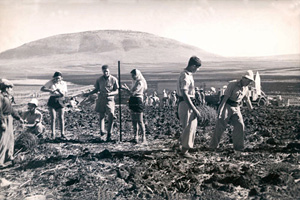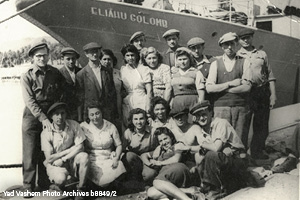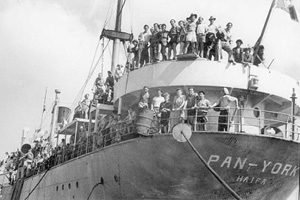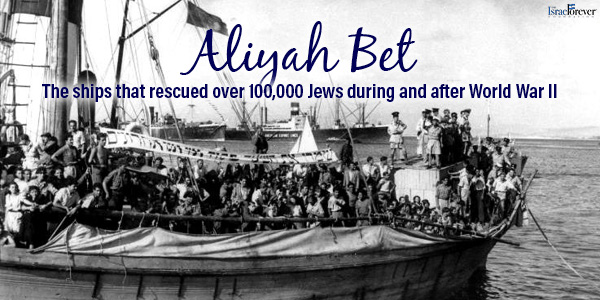Struma: Hopes Destroyed
On the morning of February 24, 1942, on the Black Sea near Istanbul, an explosion ripped through a decrepit former cattle barge filled with Jewish refugees.
In 1941, as Europe’s Jews were being systematically starved, tortured and murdered, thousands of Jews desperate to escape the Germans did everything possible to escape the Nazi henchmen.
In December, 767 Jews boarded a boat named the Struma from Constanta, Romania. They planned to travel to Istanbul, apply for visas and then sail to Palestine. A small iron-hulled ship, the Struma was unsafe, overcrowded, and lacked adequate sanitary facilities. Despite engine problems, it reached Istanbul on December 16, 1941. There, the passengers were informed they would not get visas to enter Palestine and, furthermore, would not be permitted entry into Turkey.
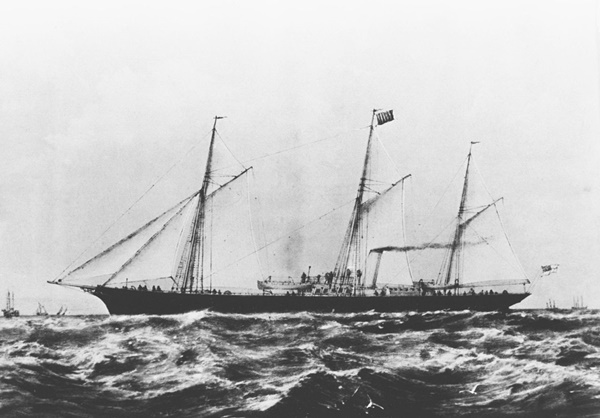
The boat was kept in quarantine in Istanbul's harbor for more than two months. Turkish authorities denied the passengers permission to land without British agreement to their continued journey to Palestine.
On 23 February 1942, with her engine still inoperable and her refugee passengers aboard, Turkish authorities towed Struma from Istanbul through the Bosphorus out to the coast of Şile in North Istanbul. Within hours, in the morning of 24 February, the Soviet submarine Shch-213 torpedoed her, killing an estimated 781 refugees plus 10 crew, making it the Black Sea's largest exclusively civilian naval disaster of World War II. Until recently the number of victims had been estimated at 768, but the current figure is the result of a recent study of six different passenger lists. Struma sank quickly and many people were trapped below decks and drowned. Many others aboard survived the sinking and clung to pieces of wreckage, but for hours no rescue came and all but one of them died from drowning or hypothermia. Only one passenger, 19 year old David Stoliar, survived.
“This atrocity was the coldblooded handiwork of Great Britain (committed while it combated the Germans but remarkably without compassion for their Jewish victims), supposedly neutral Turkey (whose so-called nonalignment didn’t extend to outcast Jewish refugees), by the Arabs (who were openly and unreservedly Nazism’s avid collaborators and who pressured London into denying endangered Jews asylum in the Jewish homeland) and, finally, by the Russians (who targeted the immobilized sardine can that carried Jews to whom nobody would allow a toehold on terra firma).
The entire world seemed united in signaling Jews how utterly unwanted they were anywhere. ...
The Struma wasn’t struck suddenly. It was slowly tortured, accentuating with demonic deliberation how disposable Jews were, just when genocide’s monstrous machinery was switched into high gear. This 75-day shipboard melodrama underscored the total helplessness and humiliation of Jews without power.
What sets the Struma apart and imbues it with extraordinary significance is that from December 16, 1941, until the afternoon of February 23, 1942, its ordeal was played out before the entire watching but unfeeling world. No country could deny awareness of the impending calamity and yet all countries let it happen in full view.” - By Sarah Honig
The Struma disaster joined the sinking of SS Patria, laden with Jewish refugees 15 months earlier, as rallying points for the Irgun and Lehi revisionist Zionist clandestine movements, encouraging their violent revolt against the British presence in Palestine. This event led to widespread international protest against Britain's policy on immigration into Palestine and, 5 years later, to the UN Vote on the partition of Palestine and the establishment of a Jewish State following the Exodus affair.
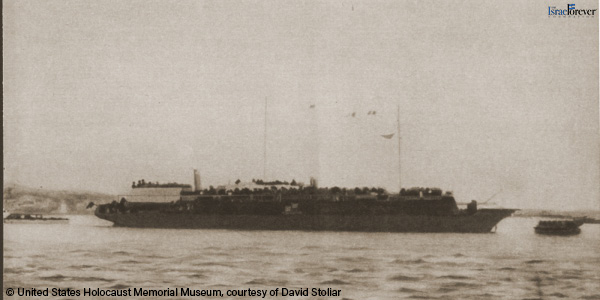
The Yishuv mourned the drowned refugees and felt anger towards the British, due to their policy of closing the gates of Palestine to Jewish refugees. Following the sinking of the “Struma” the Jewish National Council (the Vaad HaLeumi) declared a day of mourning, and an internal curfew. Still today, memorials at Ashdod and Holon in Israel commemorate those who were killed by her sinking.
“Oblivion is perhaps the greatest sin against the Struma but also against ourselves. If we forget the Struma, we forget why this country exists, why we struggle for its survival. We forget the justice of our cause.
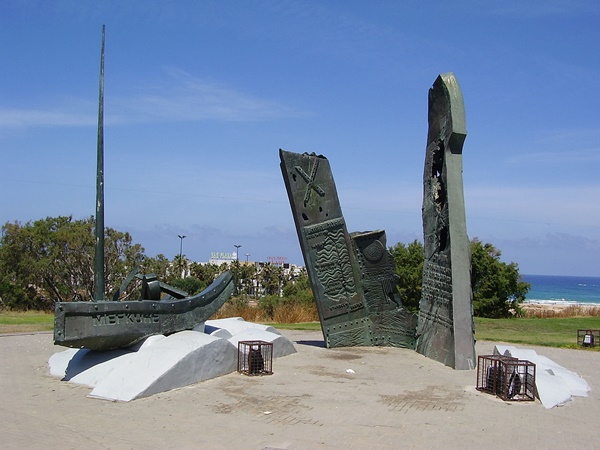
Dimmed memory and self-destructive perverse morality hinder our ability to protect ourselves from the offspring and torchbearers of the very Arabs who doomed the Struma. They haven’t amended their hostile agenda. We just don’t care to be reminded.
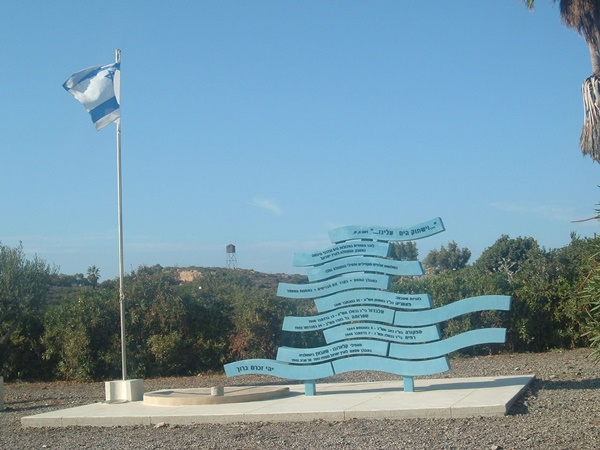
The state the Jews created is threatened with destruction and its population with obliteration. Yet there’s negligible sympathy for Israel and even less practical support to avert tragedy. The Struma’s story is seminal in understanding why the Holocaust was possible and why a second Holocaust cannot be ruled out. More than anything, the Struma powerfully illustrates what happens when Jews rely on others’ goodwill.”


